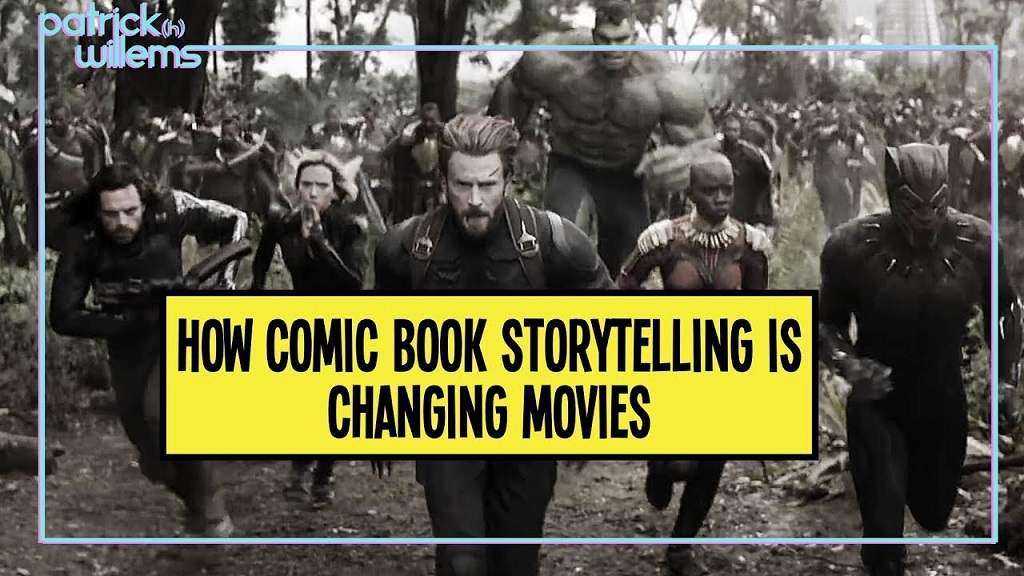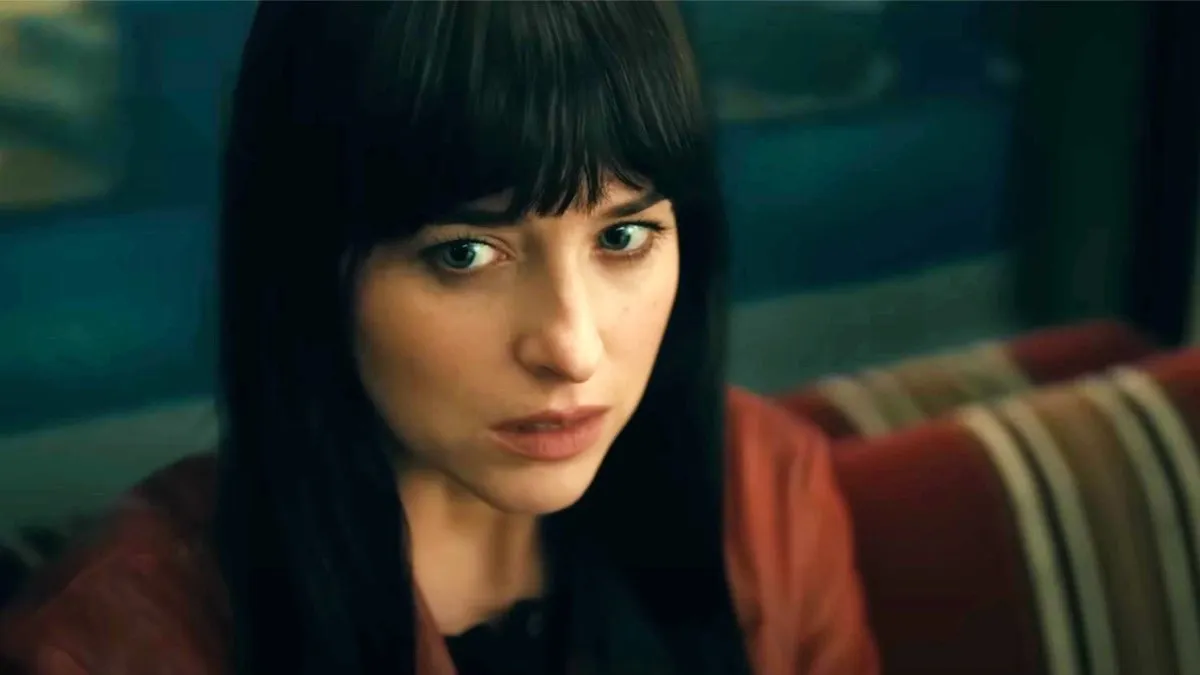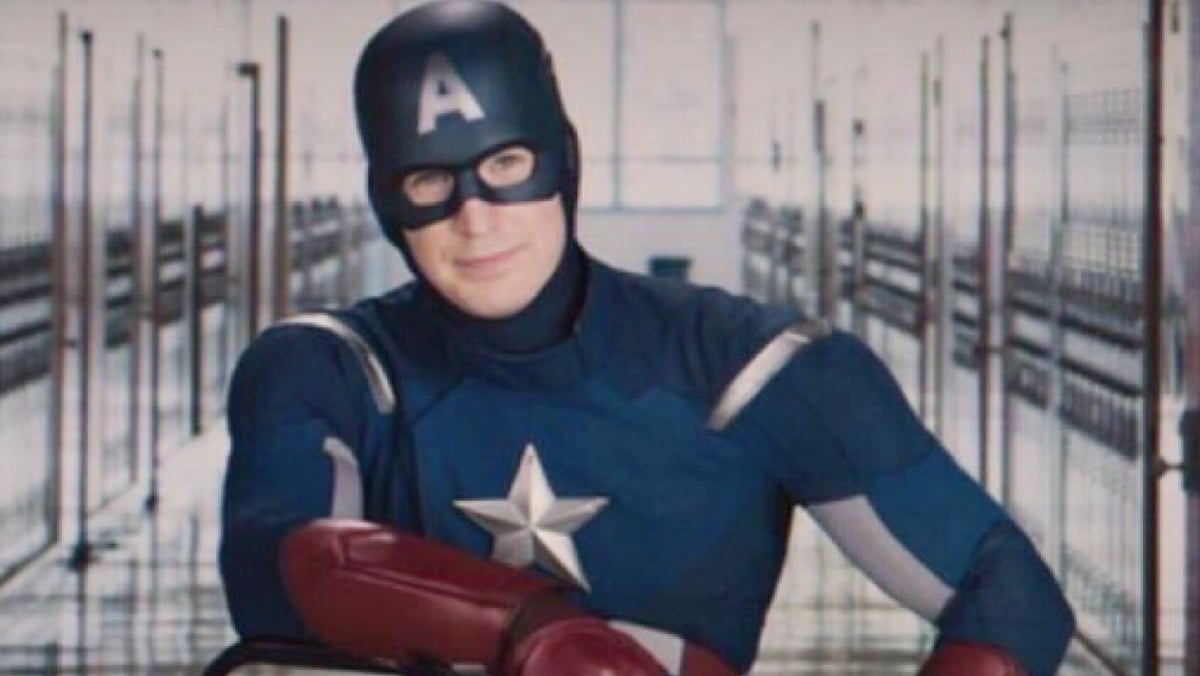YouTuber Patrick (H) Willems recently took a look at “shared universe” comic book movies and TV, such as the Marvel cinematic universe (MCU) and the CW’s Arrowverse, to analyze how their comic book storytelling roots have influenced their cinematic storytelling. While most analyses of the recent “shared universe” success have focused on the corporate mandates and cash-grabs it’s kicked off, Willems points out that it’s also inspiring artistic changes, “introducing fundamentally different storytelling structures and techniques to cinema.”
“Movies have never been very big on serialization,” Willems points out. “Even the longest-running movie series of all time, James Bond, has almost no continuity to it … Comics, on the other hand, are all about long-form storytelling.” This, he explains, is why superhero films are so often origin stories. Origin stories fit neatly into traditional film story structures.
However, with the release of Avengers: Infinity War, Willems argues, the MCU has fully embraced the Event: the comic book storytelling device that draws all the characters together, out of their own storylines, to fight a shared, universe-wide threat. The Event often draws groans from fans when it’s poorly executed, but it can make effective and fun use of long continuity when it’s employed correctly. At its best, it lets you see all your favorites team up together in innovative ways; at its worst, it awkwardly cuts off the current arc in your favorite ongoing, introduces totally out-of-character twists, and forces you to purchase a miniseries you’re really not into.
But could this superhero storytelling infect other types of movies? Willems points out that television has acclimated audiences to the conventions and pleasures of long-form storytelling, and we’ve also seen it enter other franchises. For example, in the Fast and the Furious movies, “the continuity grows denser with each successive film, as they tie in and bring back each minor character that ever appeared in an earlier movie and expect the audience to just keep up.”
But could shared universes go further than the Event? Could they really use their long-form storytelling in innovative ways?
“While the shared cinematic universe is the big magic concept that every studio seems to want, what’s more important is creating an ongoing story that audiences will actually want to follow for movie after movie,” Willems argues. “…The translation of comic book storytelling structures to cinema has shown that audiences can handle way more dense continuity and serialization than Hollywood had given them credit for. So I’m wondering: who’s going to take advantage of that? When do we see more long-form storytelling in movies?”
Television is not the movies, and the movies are not television. But I am very curious to see how the movie, with its longer run-time for each installment, and its longer delays between viewings, could make use of long-form storytelling in intriguing ways.
What do you think? Would you like to see more long-form storytelling in cinema? Or do you think that’s best left to television and comics?
(Featured image via YouTube thumbnail)
Want more stories like this? Become a subscriber and support the site!
—The Mary Sue has a strict comment policy that forbids, but is not limited to, personal insults toward anyone, hate speech, and trolling.—









Published: Dec 10, 2017 03:30 pm